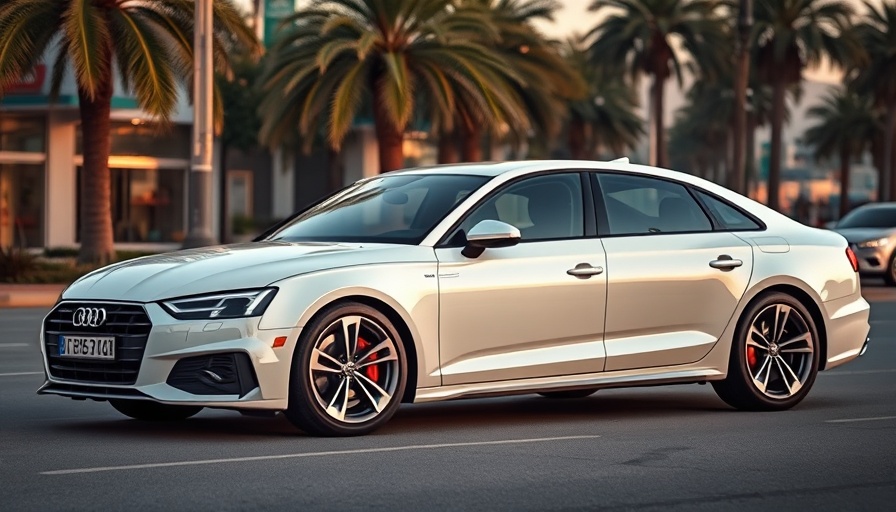
HORSE Launches Production of HR13 Flex Fuel Engine in Curitiba
In a significant move for the automotive industry, HORSE, a division of Horse Powertrain, has kicked off the production of its HR13 turbo flex fuel engine in Curitiba, Brazil. This vital development symbolizes HORSE’s dedication to producing tailor-made solutions designed specifically for the South American market. The HR13 is a 1.3-litre, 4-cylinder engine capable of running on both gasoline and ethanol blends, a feature particularly advantageous in a region where such fuel options are widely used.
Targeted Engineering for Local Needs
What distinguishes the HR13 engine is its bespoke engineering, crafted explicitly for Brazilian standards. The engine adheres to L8 emissions regulations, showcasing HORSE's commitment to sustainability. With a power output of 163PS and a robust torque of 250Nm, the HR13 engine promises to blend performance with efficiency spectacularly. This focus on local requirements ensures that Brazilian manufacturers can tap into a flexible and efficient powertrain solution.
Innovative Technologies for Better Performance
The HR13 boasts a direct injection system uniquely designed for optimal ethanol performance. Each of its cylinders is equipped with centrally mounted six-hole injectors operating at 200 bar pressure, ensuring meticulous fuel atomization. The outcome is an engine that delivers impressive torque and power without sacrificing fuel efficiency—an essential factor for both consumers and manufacturers in Brazil.
Investment and Future Capacity Growth
HORSE’s decision to invest R$100 million into its Curitiba facility is a clear testament to its long-term vision in the region. With the capability to produce up to 600,000 units annually, the HR13 engine will not only fulfill local demands but also reinforce HORSE’s manufacturing base in South America. This investment strategically positions HORSE to respond effectively to both current market needs and future opportunities.
What This Means for Brazilian OEMs
For original equipment manufacturers (OEMs) in Brazil, the introduction of the HR13 flex fuel engine represents a turning point. As automakers prioritize sustainability and adaptability, the HR13 offers a viable solution that aligns with ecological goals. HORSE’s emphasis on localizing manufacturing processes further enhances the value for Brazilian OEMs, reinforcing their ability to compete in the global market.
Conclusion: A Step Towards Sustainable Mobility
The launch of the HR13 flex fuel engine is not just a victory for HORSE but a pivotal moment for the South American automotive sector. By prioritizing local needs and sustainable solutions, HORSE remains at the forefront of innovation in mobility, paving the way for a greener and more adaptable automotive future in Brazil. As the industry evolves, products like the HR13 illustrate the importance of localized approaches in creating engines that serve the unique cultural and environmental Mconfiguration of the market.
 Add Row
Add Row  Add
Add 




Write A Comment